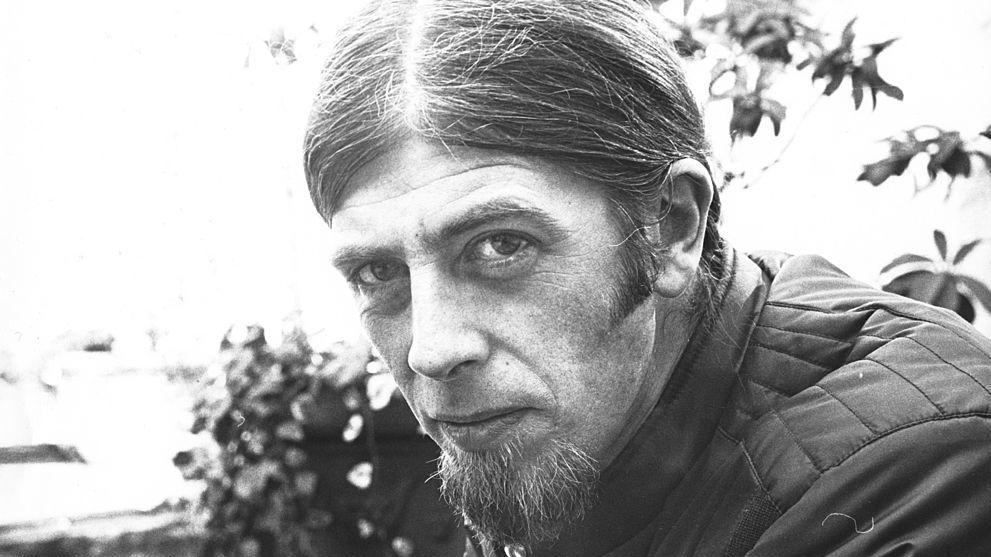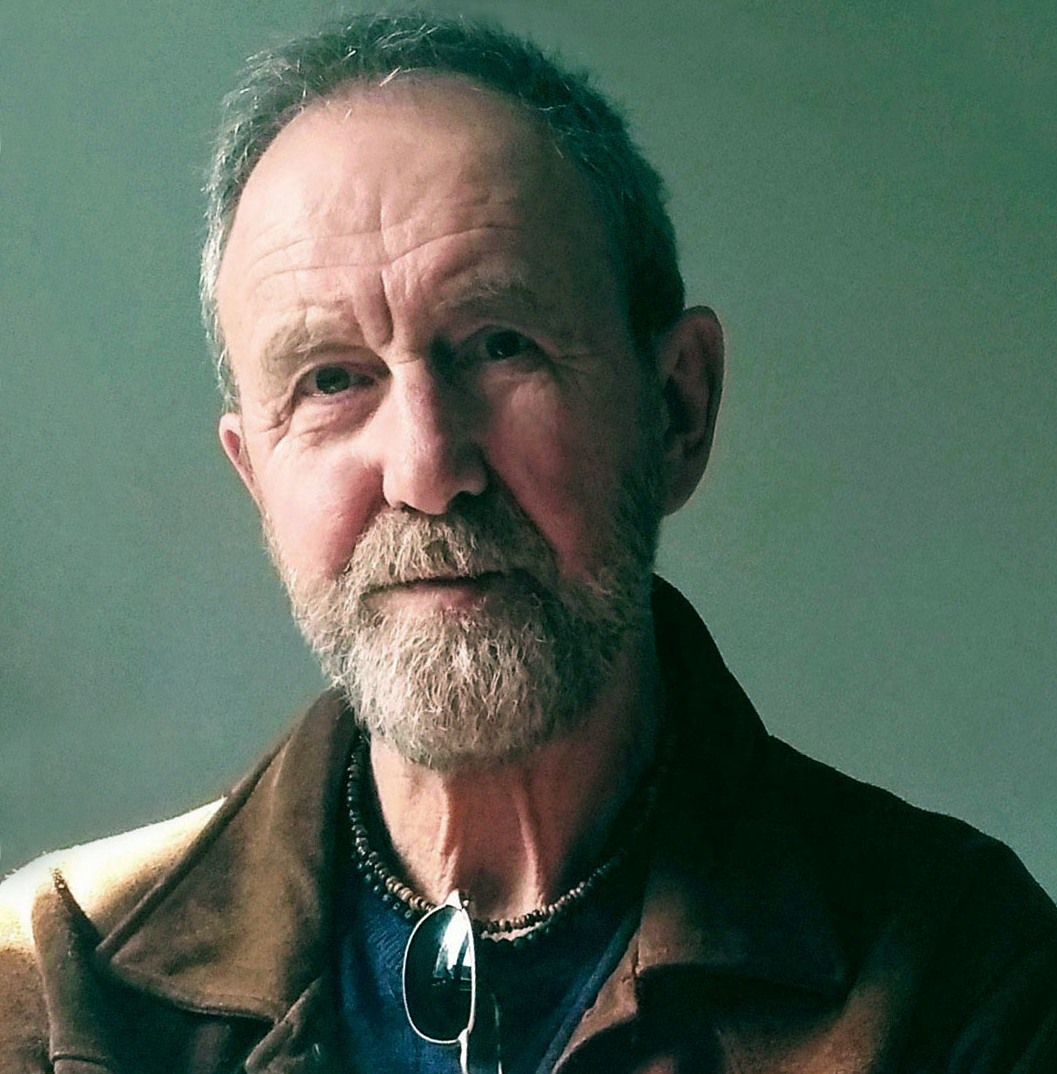This article originally appeared in Classic Rock #61.
During a recording career that spans the past 40 years, one of John Mayall’s greatest achievements – as well as tirelessly pushing and promoting the blues – has been to act as a musical catalyst. Many of Mayall’s old bands provided an environment in which some subsequent British blues greats – Eric Clapton, Peter Green, Mick Taylor, Mick Fleetwood, Andy Fraser, John McVie and many more – were given the opportunity to develop their talents.
Having recorded more than 50 albums, including such early highlights as A Hard Road (’67), Turning Point (’69), USA Union (’70) and Back To The Roots (’71), Mayall’s best-known is almost certainly the now bona fide classic Bluesbreakers With Eric Clapton, from ’66. The album established Clapton as a blues guitarist of considerable talent and, largely as a result of Clapton’s following, also brought singer/ keyboardist/harmonica player Mayall a much bigger and broader audience. Mayall has now played the blues, live and on record, for so long that it is difficult to think of another white artist who compares.
He and his band continue to play around 100 shows a year. They recently completed a tour of the US and played shows in Mexico, following those with visits to Italy, Spain, Portugal and Austria. John Mayall & The Bluesbreakers And Friends’ album 70th Birthday Concert, recorded in July and featuring Eric Clapton and Mick Taylor, is out now on Eagle Records.
What would you say was the best career decision you ever made?
Getting into music, because up until that time my career had been in art, graphics. So when Alexis Korner kind of kicked off the blues movement, and it was something I’d been playing for at least fifteen years before that, it just seemed like time to make that career change.
Which career move would you like the opportunity to be able to go back and change?
I wouldn’t change anything. I mean, if you look at all the stuff I’ve done over the years – I’ve explored every kind of variation on the blues – it’s all added up to a wonderful career. I haven’t had hit records, but I’ve always had the artistic freedom to create music the way I want.
- Buyer's Guide: John Mayall
- John Mayall & The Story of the Lost & Legendary Bluesbreakers Lineup
- John Mayall: The Hard Road
- John Mayall's Bluesbreakers with Eric Clapton is 50: how they made the Beano
What’s the most ridiculous thing you ever asked for on a tour rider?
Well we try to keep it reasonable, within the scope of what people can actually come up with. Mainly we just get a hot meal, and stuff set up in the dressing room like salads, munchies, cookies and whatever; nothing out of the ordinary, really.
What’s the worst stunt a record or management company has ever tried to pull on you?
Well I’ve been really lucky, and I can’t think of anything like that. I’ve always enjoyed a very good reputation with all the record companies that I’ve had – although there haven’t been that many – and they’ve signed me because they believed in my music and wanted to promote it.
Which song would you rather never hear again?
Well, sometimes I have mixed feelings about Room To Move, because that’s my most famous song. But when we do get to playing it I always find new things to do with it. There used to be a time when I was ‘required’ to play it, or expected to play it every night, so sometimes the pressure of having to play it is when I’d drop it from the set.
How many groupies have you slept with in your career – 10, 20, 50…?
Oh, maybe a hundred lady friends. But most of them weren’t groupies – you had to work hard in those days!
What would you have liked to have done with your life if you hadn’t become a musician?
Well, as I mentioned earlier, graphic art was the career that was mapped out for me, because I always excelled in art in regular school, and then I went to junior art school. Then after the army I went back to graphic design. So art would have been it. And I still use those artistic experiences to design album covers, posters and things that are related to my musical career. They now run hand in hand, really. Of the fifty-two or so albums that I’ve recorded, I designed at least a third of the covers, and maybe even half.
Do you think great musicians are born as such rather than made?
I think it’s born in them, but then it has to be developed. The spark must be there, but then when you’re growing up it’s a case of whether you recognise it in yourself and then pursue it.
Would you ever have sold your soul to the Devil if the terms had been right?
I don’t think so. I’m not a voodoo person!
Given the increasing importance of image, if the time came when you needed to, would you wear a wig if it would help your career?
No. I’d wear a hat. But then maybe I’d just go with what I looked like. No, I wouldn’t have a shaved head, that’s for sure. I’ve got too many bumps!
What would we find on the ‘hobbies and interests’ section of your CV?
My main hobby is movies. No specific genres, I just love movies. I also enjoy writing, reading. That normally takes up most of my at-home hours.
What’s the worst aspect of doing what you do?
For me – and it doesn’t happen too often, because I have a great band that can adapt to most things – it’s certain places that you come across from time to time where the sound system in the room is so bad that it’s a nightmare to try to get anything happening, and you’re subjected to feedback and all that kind of thing.
What goals would you still like to achieve?
It would be nice to get a hit record, or to get in the Rock And Roll Hall Of Fame, or to get a gold record, or any of those things. It would be nice to have something that really sold very well, because the more people you can draw into listening to the blues the better it is for the whole movement.
Which song or piece of music would you like to be played at your funeral? Well it would have to be something joyful. So just for the hell of it, something by Muddy Waters. Hoochie Coochie Man, I guess. We used to do it in the 60s, and we hadn’t done it since until the Liverpool concert, when Eric [Clapton] did it.
The 70s Rock Quiz: how well do you know rock’s golden decade?

